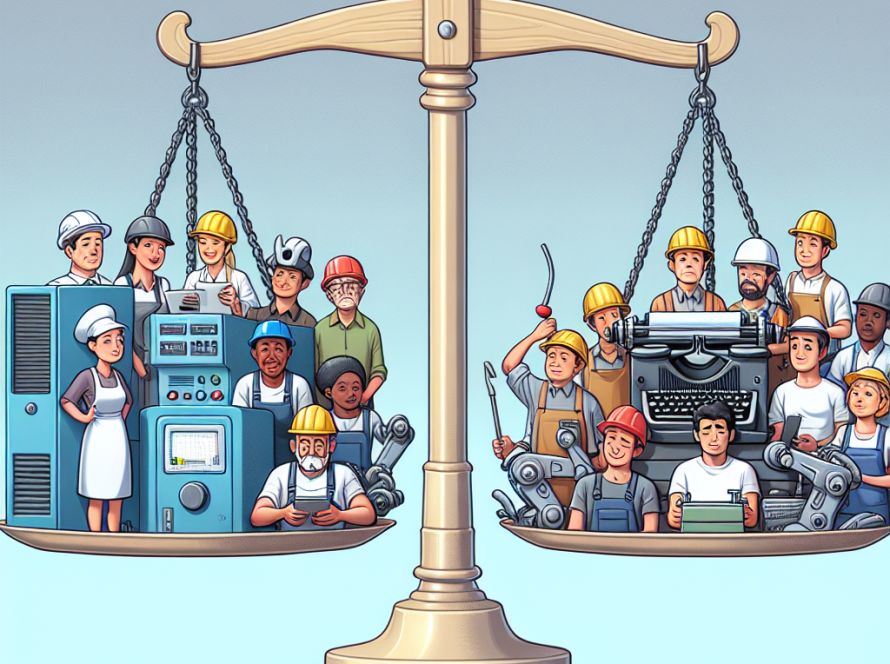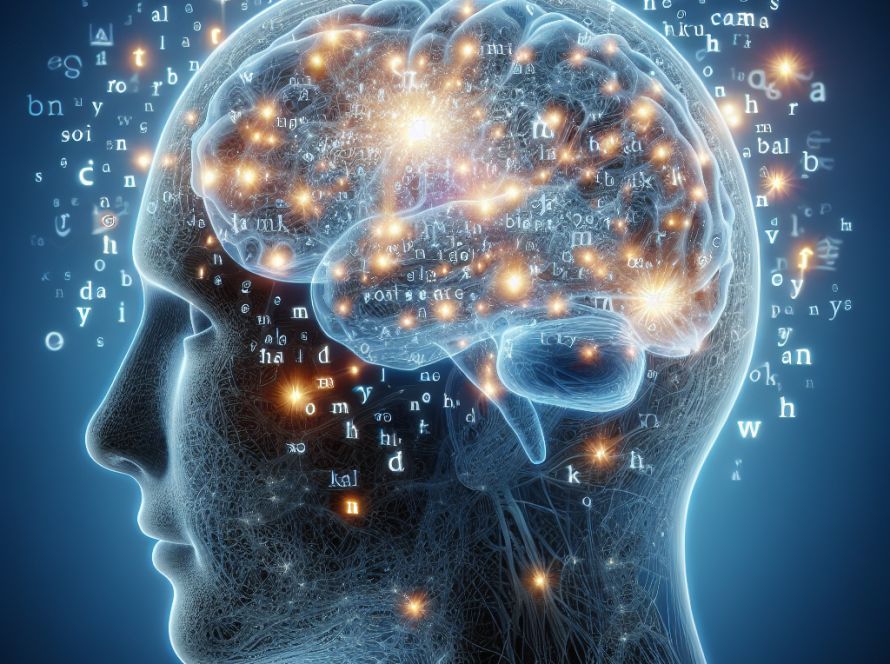Artificial Intelligence (AI) is significantly impacting the healthcare industry, especially in Clinical Documentation Integrity (CDI). CDI programs are vital in maintaining accurate and comprehensive clinical documentation necessary for patient care and reimbursement. These programs, enhanced by AI, improve the efficacy and efficiency of healthcare services. CDI works by translating clinical chart documentation and reimbursement codes to provide a patient’s healthcare narrative. Accurate translation of clinical documentation into coding language offers a detailed patient’s story aiding in high-quality outcomes, patient safety, and care team coordination.
AI improves the efficiency of CDI specialists. One of the challenges faced by CDI programs is manual record reviews to identify documentation gaps. Through AI and Natural Language Processing (NLP), large volumes of unstructured data can be analyzed, streamlining the critical, comprehensive process of documenting a patient’s medical history. Mature AI programs analyze over 30,000 data points per chart to procure differential diagnoses based on comprehensive patient data from various medical procedures. This technology can identify missing diagnoses, clarify ambiguous or conflicting terms, and suggest suitable documentation for the patient’s chart.
AI-powered CDI tools allow real-time feedback to healthcare professionals, revealing potential documentation inconsistencies. By providing immediate feedback, the quality of documentation improves at the point of care, leading to comprehensive patient records, promoting communication within the healthcare team for patient safety. AI systems can also prioritize the review of patient charts for CDI teams. The software sifts through records preemptively, ranking charts requiring review based on the patient population, diagnoses, or procedures. With the help of AI, clinical conditions that might have been omitted or under-documented can be flagged, prompting further investigation by CDI specialists.
AI can also predict and prevent documentation-related issues. CDI programs can analyze historical data and patterns to identify documentation trends such as coding errors or missing documentation. Information derived from this can be used to proactively educate healthcare professionals, design targeted interventions, and create strategies to counter documentation concerns. This preemptive approach can prevent suboptimal patient outcomes and financial losses. However, AI should supplement human expertise, not replace it. CDI specialists, often experienced nurses, play a vital role in interpreting and validating clinical information. But AI can identify potential issues, extract from large data volumes, provide real-time feedback, while the human element is necessary for decision-making.
The future of medical record integrity lies in AI-assisting CDI programs. The combination of AI and CDI teams promises higher quality care, patient safety, and improved financial performance. AI offers numerous benefits, including data extraction and analysis and real-time feedback to healthcare professionals. However, their role as a tool meant to aid human expertise and judgment is paramount in achieving accurate clinical notes. The mix of AI with the expertise of CDI specialists can enable healthcare providers to achieve improved CDI, offer high-quality patient care, and accurately document patient narratives.


